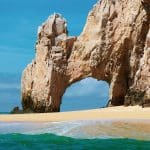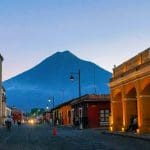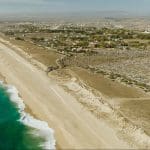Divers are eager to take the plunge
Ian Stalker
Those with a stake in the dive industry are looking forward to the day when there will be a large number of experienced divers again enjoying some sub-surface exploration and there will also be plenty of people who dream of taking up the sport getting their feet wet literally and figuratively.
The diving industry has been struggling during the coronavirus pandemic, but those who are part of it say interest in it remains strong and there will again be plenty of people eager to don the likes of masks, fins and weight belts when the pandemic comes to an end.
Here are some of their stories.

Emma Perez Castillo, Punta Mita Expeditions
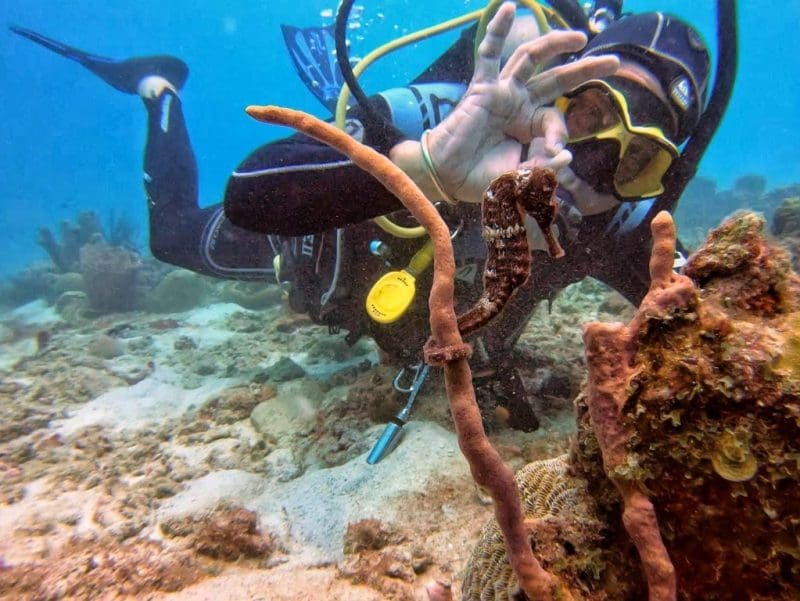
Peter Grannum, West Side Scuba Centre
Coronavirus led Peter Grannum of Barbados’ West Side Scuba Centre to stop operations on March 19, but he did reopen somewhat in June, catering to foreigners who unexpectedly found themselves in Barbados longer than they originally planned because of the pandemic and locals as well.
His original plan was to restart in November, just ahead of the start of Barbados’ busy winter tourism season, and in doing so enable good numbers of visiting divers to see underwater sights that he believes can easily hold their own against those that await divers elsewhere.
“As for diving in Barbados I feel it is one of the best and the amount of wrecks we have here is a bigger plus for Barbados, along with a marine park that has seven wrecks in it that vary from a depth of 10 feet to 55 feet, with penetrations on two of the wreck dives,” Grannum reports. “It is also a great beginner dive with the depth on some of the wrecks and good for advanced divers also and a great night dive location and plus it is in a bay and always calm.”
Barbados has dive sites that vary from 20 feet to 130 feet on reefs, and there’s a wide variety of fish and other colourful marine life, he continues.
Grannum has been keeping busy in part during the past few months by visiting his dive shop, keeping all equipment and his boat serviced, and diving wrecks and reefs to see how they’re doing. He’s also posting on Goggle and Facebook.
And what will his personal reaction be when the coronavirus pandemic ends and large numbers of divers return to Barbados? Well, it will be as expected, with the veteran diver “happy to show them our beautiful reefs and wrecks with all the wide variety of fish, turtles, rays and flora.”
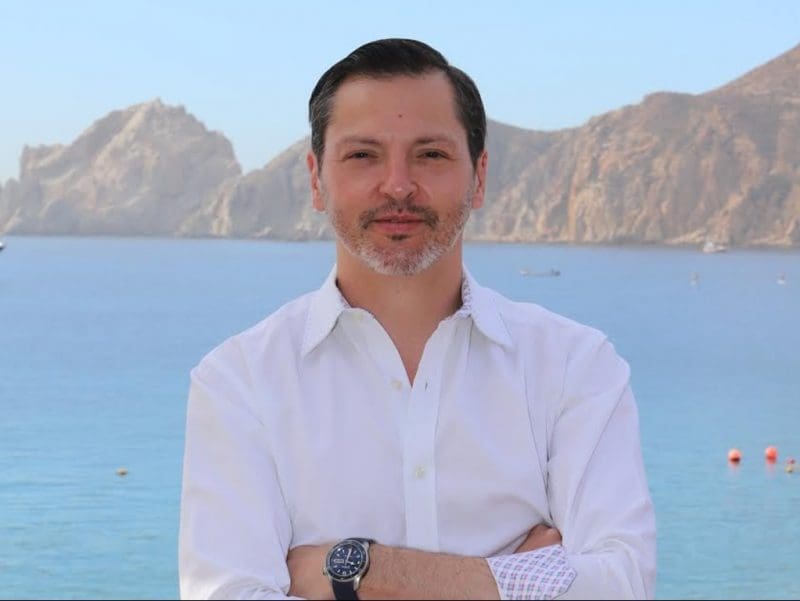
Rodrigo Esponda, Los Cabos Tourism Board
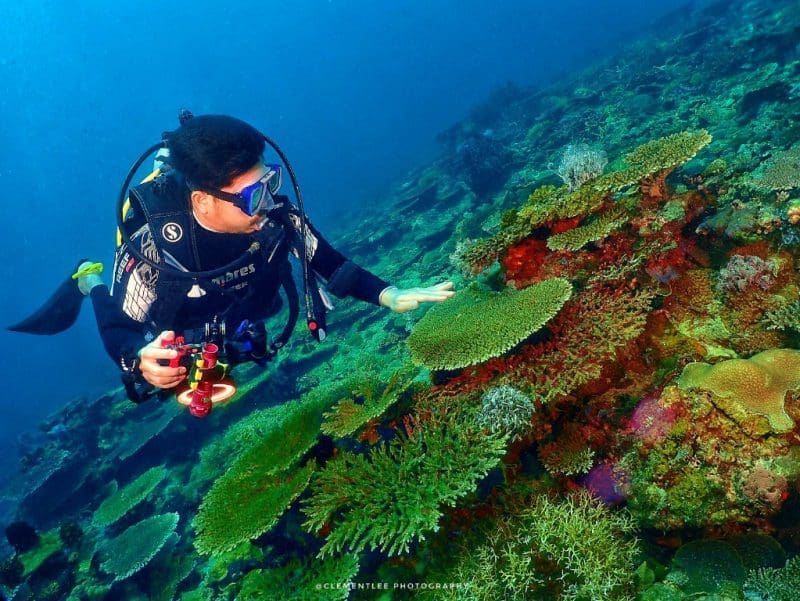
Mohd Akbal Setia, Tourism Malaysia
Mohd Akbal Setia is pleased on both a professional and a personal level that most Malaysian dive locations reopened around the beginning of June.
Akbal Setia is with Tourism Malaysia’s North American office and so is naturally eager to promote diving in his tropical homeland.
“Malaysia is among one of the 5 leading dive destinations in the world, and boasts one of the richest and most biodiverse marine environments in the Indo-Pacific Basin,” he states. “Offering avid divers the magical escape that it does, the Malaysian diving landscape has been and continues to be an important part of Malaysia’s tourism industry, contributing to and supporting the economy, our conservation efforts, and local communities.
“The state of Sabah in Malaysian Borneo (which is where the best dive sites are), as well as most dive locations throughout Malaysia, reopened for diving about 2 weeks ago as Malaysia slowly began easing up on movement control orders, reopening businesses and boosting domestic tourism.
“Location is everything, and Malaysia is so blessed to be located within the Coral Triangle, making Malaysia’s waters one of the most biodiverse in the world. If you’re an avid diver, Malaysia will definitely be on your list. The late Jacques Cousteau, father of scuba, once said of (the Malaysian island of) Sipadan, ‘It’s like an untouched piece of art.’
“Divers are spoiled for choice when they come to Malaysia. Malaysia offers an array of diving options for all skill levels and budgets. Malaysia’s dive sites span the Andaman Sea, the South China Sea and the Celebes Sea, right where the Coral Triangle of the world sits.
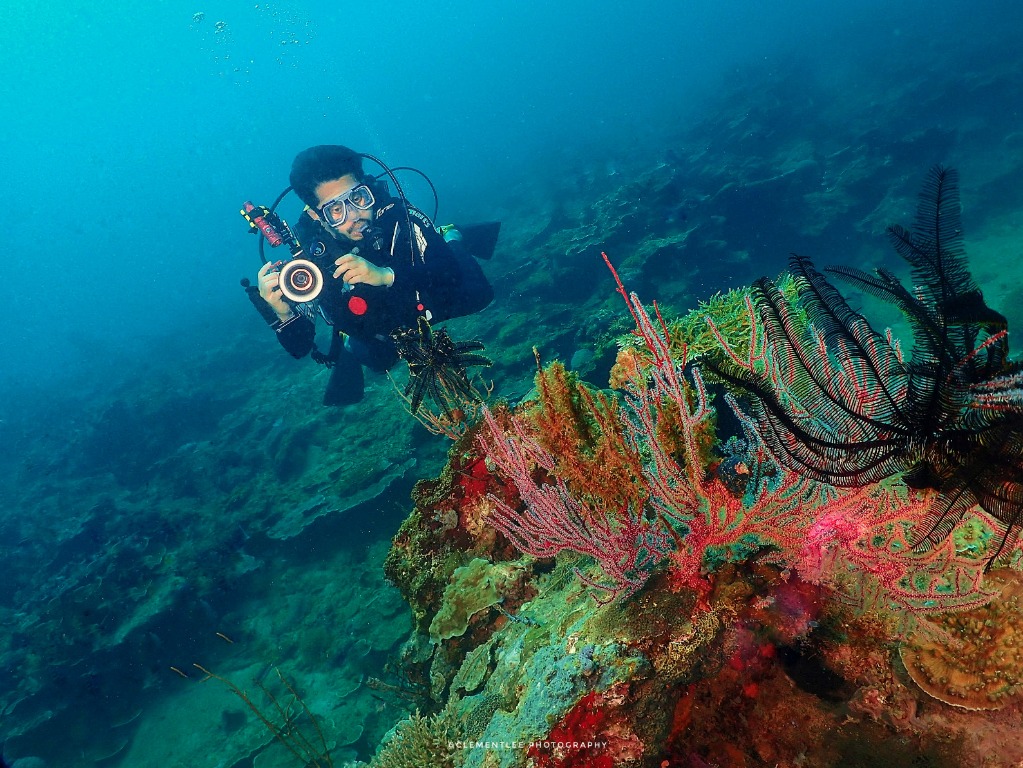 “Malaysia also has Layang Layang Island, which is one of few places in the world where divers can swim with hammerhead sharks. So how good is diving in Malaysia? Pretty amazing!”
“Malaysia also has Layang Layang Island, which is one of few places in the world where divers can swim with hammerhead sharks. So how good is diving in Malaysia? Pretty amazing!”
But Akbal Setia’s interest in diving isn’t simply limited to its ability to attract more visitors to his homeland. He’s been an avid diver since 2006, acquired advanced certification in 2014, and has “been privileged enough to dive with Clement Lee, Malaysia’s premier diving ambassador and conservationist, who is well respected in the world of diving. I have had dives all over Malaysia, in the states of Sabah, Terengganu, Pahang, off the islands of Redang, Perhentian and Tenggol, and of course, the mecca of all dive sites…. Sipadan. Diving allows me to forget the world above, and bask in the beauty and serenity of a world that is so magical and enchanting. Words cannot explain the immense gratitude I feel when I’m surrounded by the vast beauty and life that is simply immeasurable. I am immediately humbled and feel extremely insignificant as I am circled by large schools of barracudas, grey sharks, lemon sharks, turtles, bump-head parrot fish, jacks, whitetips, octopus, nudibranchs and beautiful coral beds, stretched as far as the eye can see and beyond…”
Akbal Setia is confident that Malaysia’s diving industry will easily weather the coronavirus pandemic that’s devastated much of international tourism.
“Malaysia will continue to uphold the conservation and sustainability of our dive sites like we have been doing for a while now,” he says. “Throughout the Malaysian dive travel industry, companies and resorts are reducing their environmental impact and adopting practices that are more sustainable, striving to protect the reefs, and marine life on which they depend. When the pandemic ends, Malaysia will continue to uphold these practices whilst welcoming discerning divers who will share and appreciate our efforts to keep Malaysia’s dive spots pristine. Most Malaysian dive centers and resorts are PADI-accredited and adhere to strict international diving standards, and new standard operating procedures post COVID-19 will not be a stretch for these centers. The Malaysian government and all stakeholders are cautiously moving to reopen the country in stages to ensure the safety of all travellers, both international and local.”

Todd Kirlik, Blue Diamond Resorts
Todd Kirlik’s industrious nature has likely hampered the development of his diving skills.
Kirlik, director of global relationships for Blue Diamond Resorts — which has resorts in tropical locations that routinely attract those who are eager to see what lies below the surface of the Caribbean Sea — has gone diving in Cuba and Cozumel and recalls enjoying it “immensely.”
But Kirlik acknowledges he hasn’t dove in years and an immediate return to the sport won’t happen while the tourism industry is still grappling with coronavirus.
“I suppose working in the industry you say to yourself, ‘I’ll get to it sometime.’ Lots of opportunity but as it goes haven’t got around to it yet,” Kirlik says. “In times like these that we are yearning for adventure. I imagine many travel professionals will see increases in client requests for specialized vacations as people may not wish to put off these items. For seasoned divers I imagine they will kick into overdrive to take on more adventure than ever! I would like to dive in Antigua as the island has around 15 dive sites for all levels of divers and easy access, and close to our Royalton Antigua Resort!”
Kirlik says he’s somewhat disappointed his work often takes him to tropical locales but his diving skills haven’t improved significantly.
“I am a novice diver,” he says. “What is frustrating is that I understand to get better you have spend time at it, time I haven’t had. Frustration occurs when I periodically interact with guests in some of our wonderful destinations and they share some of the diving adventures they had during a visit, I often say to myself, ‘I need to make time!’ I think I will now.”





